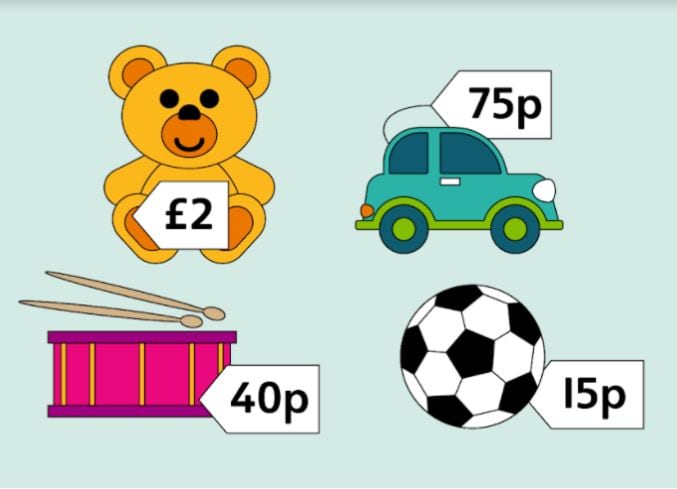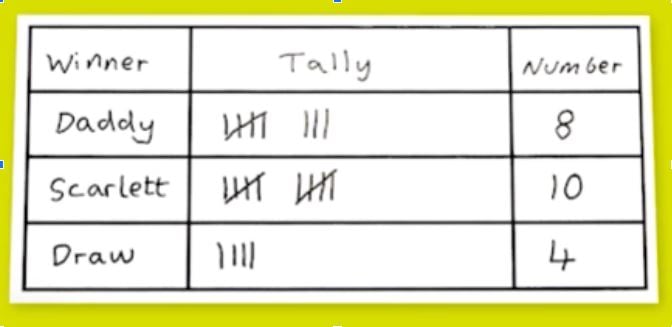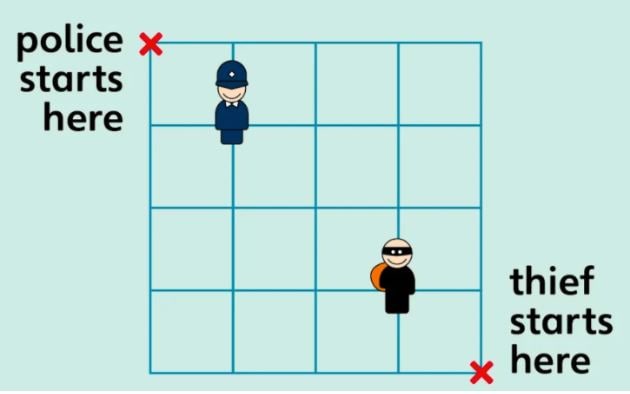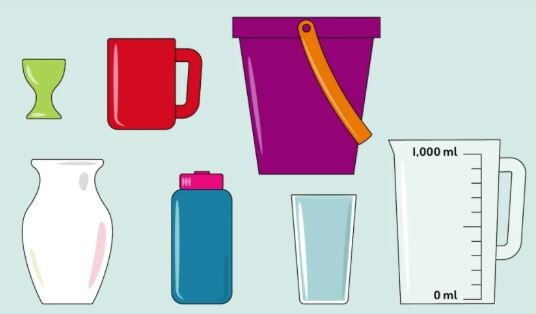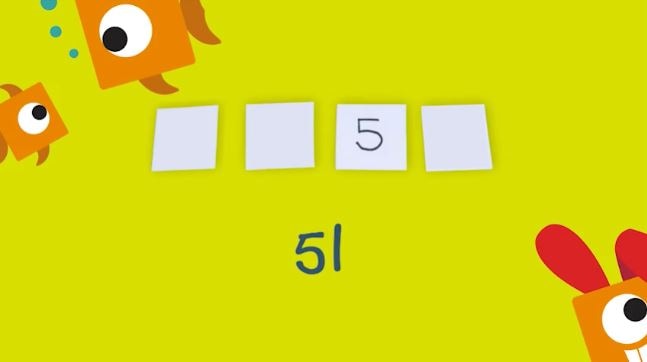
With schools across the world closed in the wake of COVID-19, many parents are now supporting their children’s at-home learning. Here, Eleanor Dix, maths and parental engagement specialist at Pearson, outlines five simple maths games that are not only fun, but will improve numeracy skills too.
As we all grapple with the implications of COVID-19 on daily life and education, it can be tempting to provide parents with reams of home learning work to help continue young children’s learning beyond the classroom. But, when it comes to maths, is this the best approach?
According to a report from the Open University, one in five parents with children aged 6-16 completely avoid their children’s maths homework because they’re scared of numeracy (1). For the many parents and carers who lack confidence in maths or suffer from maths anxiety, maths homework can cause stress and have long-lasting consequences for both parent and child alike.
At what is already a stressful and uncertain time, we want children and families to experience the wonder and fun in maths, not stress or anxiety. So, whether it’s creating a toy shop to recognise amounts of money or becoming a ‘Tally champion’, here are five simple maths games for children aged 6+ that can be enjoyed by families at home – and can help improve young learners’ numerical confidence and skills.
1. Toy shop
The objective: To recognise amounts of money and find the correct coins to make those amounts through your own home toy shop!
What you need: You will need a collection of coins of different denominations. Make sure you have several of each. You will also need a pencil and some paper to write price tags and a collection of toys or other objects from around the house.
How to play: Parents and carers should start the game as player 1 and arrange the toys on a table or on the floor. For each toy, write a price tag. Give Player 2 some coins to use and ask them to choose which toy they would like to buy. Ask them to read the chosen price tag and find the correct change from the money they have in order to buy the toy. You could then swap roles so that player 2 becomes the shop assistant.
2. Tally champion
The objective: To practise making tally charts and pictograms to keep track of data as you roll the dice and create beautiful charts together.
What you need: It is useful to have two dice – one each if there are two of you – but you could share one dice if there are more of you. If you don’t have a dice, write the numbers 1–6 on small pieces of paper then choose a number at random. You will need a sheet of paper to make a tally chart with three columns labelled ‘winner’, ‘tally’ and ‘number’. It needs additional rows to show who might win: i.e Player 1, Player 2, draw etc. You will also need another sheet of paper, some coloured pencils and a ruler.
How to play: Players will roll their dice and the highest number wins that round. Add one win in that player’s tally column. If players’ dice show the same number it’s a draw, so add a mark to the ‘draw’ column. Roll the dice again and keep marking down the winners. Remember that the fifth and tenth tally marks in each row run diagonally through the last four marks. The first player to reach ten is crowned the tally champion! You can then get creative and make a colourful pictogram of the game results, with one circle representing one win.
3. Police and thieves
The objective: To practise using positional language, such as quarter turn and half turn, clockwise and anticlockwise while trying to catch a thief on the loose!
What you need: Draw a four-by-four grid on a sheet of A4 paper. You will also need two small figurines or counters: one for the police and one for the thief.
How to play: Decide who will be the police and who will be the thief and then place the characters at opposite corners of the grid. The lines are roads and the spaces between are buildings. Stick to the roads by always staying on the lines! The thief can move a quarter, half or three-quarter turn clockwise or anticlockwise, or one space forward. The police can make the same moves or take two steps forward. The police move first and each player says their move aloud, for example “one step forward!” The goal for the police is to catch the thief and the goal for the thief is to not get caught. If the police catch the thief: the police win. If the thief isn’t caught after ten moves each: the thief wins. Once a player wins, play again but swap roles.
4. More or less
The objective: To estimate the size and capacity of various containers in a fast and fun guessing game.
What you need: You will need a measuring jug marked with a scale in millilitres (ml). Any 1–2 litre jug is fine. You’ll also need five containers of various sizes. You can use any container smaller than the jug: egg cups, mugs and glasses, bowls, small vases, water bottles, empty juice cartons. It would also be good to have a bucket handy for the used water, so that it can be used again.
How to play: Fill the measuring jug slowly with one litre (= 1,000 ml) of water. Together, read out each measurement the water passes on the jugs scale: “100 millilitres, 200 millilitres …” and pour the water into the bucket. Player 1 chooses one of the containers and says how much water they think it can hold: “I think the cup’s capacity is 200 millilitres”. Player 2 says whether they think the capacity is more or less: “I think the cup’s capacity is less than 200 millilitres”. Then it’s time to find out who’s closest! Fill the container with water, then pour all the water into the empty measuring jug and read the actual capacity from the scale. If Player 2 was correct, they win a point. Otherwise, Player 1 wins a point. If Player 1 guessed the exact capacity then they win two points! Take it in turns to choose an object and guess the capacity until you have used all five containers. The player with the most points is the winner.
5. Counting kings and queens
The objective: To count in 2s, 3s, 5s and 10s and be crowned the counting king or queen!
What you need: Four counting cards made by cutting four squares of paper and numbering them 2, 3, 5 and 10. You will also need paper, a pen and a dice. If you don’t have a dice, write numbers on small pieces of paper and choose one at random to select a number. You could also find a majestic hat or tiara as a counting crown!
How to play: Mix up the counting cards, face down on the table. Roll the dice twice to make a target number – for example, 3 then 5 gives a target of 35. Choose a counting card at random to find out whether you will be counting in 2s, 3s, 5s or 10s. Players now take it in turns to count up to the target number. For example, if the counting card shows 3, Player 1 says “3”, Player 2 says “6” and so on. The first player to reach the target number or higher wins one crown: 27, 30, 33, 36 – “I win!”. Write down the score whenever someone wins a crown.
It’s then on to the next round where a new player rolls a target number, chooses a counting card and starts the counting. The first player to win the crown five times is the counting king or queen and can wear the crown or tiara for the rest of the day!
About the author
Eleanor Dix is our maths and parental engagement expert at Pearson. She is also the mastermind behind School Jam, an app for schools to engage parents with their children’s learning in maths.
For more activities and resources to support your children’s learning, including our new homeschool planners, visit our COVID-19 parent support page.
Reference: (1) The Open University Business School (OUBS). (2018). ‘The True Potential Centre for the Public Understanding of Finance’. Retrieved from http://business-school.open.ac.uk/ news/true-potential-centre-public-understanding-finance
A version of this article was originally published on the Pearson Schools Blog on 7 May 2020.
